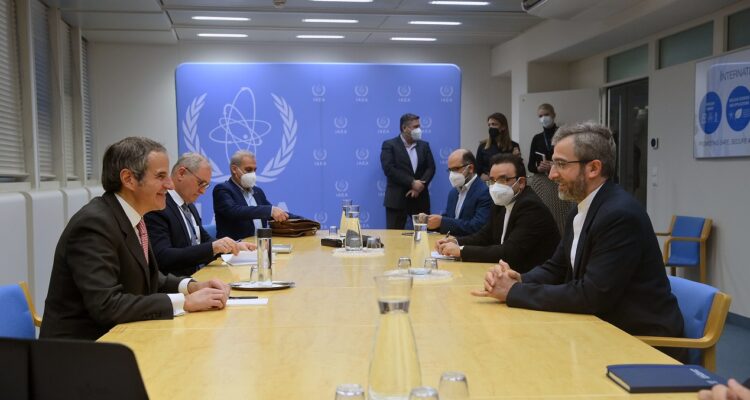Without the nuclear deal in place, Iran struggles with the sanctions imposed by the US and other Western nations. This has led to severe social, political, and economic consequences.
No matter how groundbreaking the Joint Comprehensive Plan of Action (JCPOA) was as a diplomatic achievement when it was signed in 2015 and codified in the Security Council resolution 2231, it is now cratering. It is now quite possible that the JCPOA will be whittled away until it is irrelevant to international relations.
The aim of the nuclear deal was to normalise Iran’s trade and political relations with the world, while creating a viable technical framework to ensure Iran’s nuclear program was exclusively peaceful. Both objectives were being accomplished with the good-faith implementation of the accord, and Iran, which had for years treated its nuclear enterprise with life-and-death urgency, had rolled back substantive aspects of its nuclear activities.
But the nonproliferation gains for the international community and the economic reprieve for Iran were soon reversed when the former US President Donald Trump walked away from the deal and reinstated crippling sanctions. With no further incentives for the Islamic Republic to disown its nuclear leverage, and after a year of exercising “strategic patience,” Iran started scaling back its contractual obligations in 2019. Ever since, Iran has made alarming advances, including producing highly fissile material and 60 percent enriched uranium.
Read the article by Kourosh Ziabari from the Australian Institute of International Affairs.

